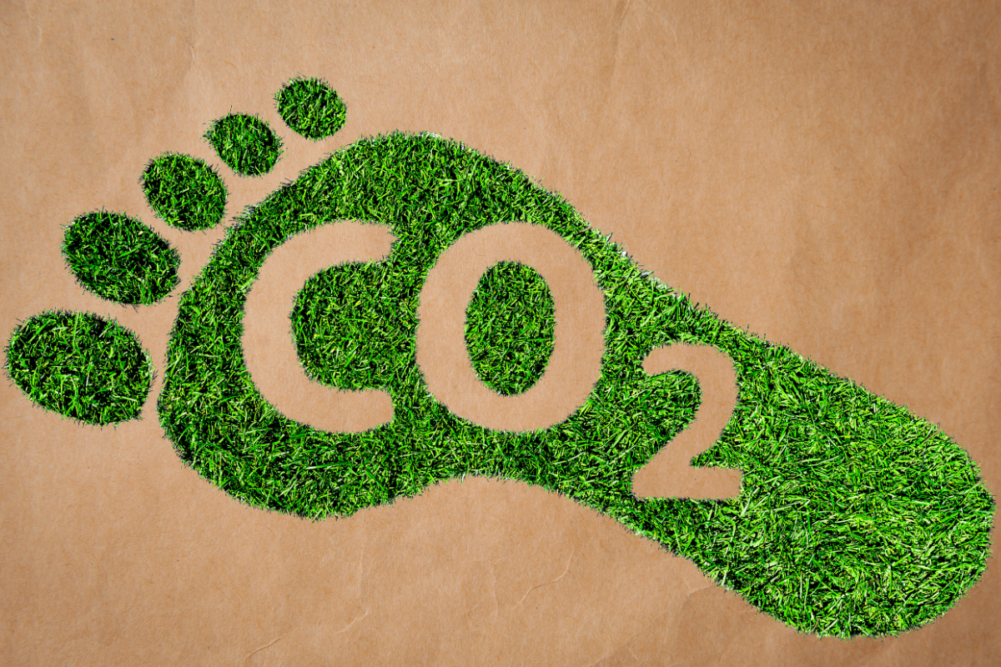 KANSAS CITY — Food and beverage manufacturers are starting to capitalize on consumer interest in environmentally sustainable products by identifying an item’s carbon footprint on labels.
KANSAS CITY — Food and beverage manufacturers are starting to capitalize on consumer interest in environmentally sustainable products by identifying an item’s carbon footprint on labels.
As consumer concern about climate change and sustainability continues to escalate, a product’s carbon footprint may become an important point of differentiation in the future.
Maple Leaf Foods, Inc., Toronto, said it achieved carbon neutrality in 2019 and labels its Maple Leaf, Greenfield Natural Meat Co., Lightlife and Field Roast Grain Meat Co. brands as “carbon zero.” The logo may be found on the front of all product packaging. Other food companies that have or are exploring the addition of carbon labels to products include Unilever, Upfield Group, Mondelez International, Quorn Foods and Oatly.
In July, Upfield, the manufacturer of such brands as Country Crock, I Can’t Believe It’s Not Butter and Imperial, said it plans to have labels sharing the climate impact of the company’s products on 100 million packs by the end of 2021.
“Where we make environmental claims, they will be based on lifecycle assessments completed by external experts according to recognized industry standards,” the company said.
The London-based market researcher GlobalData said sustainability and reducing environmental impact are becoming ever more critical to consumers’ perceptions of brands.
Citing research it released in December 2020, GlobalData said 41% of European consumers consider a reduced environmental footprint to be more important now than before the pandemic. In addition, 42% of European consumers said the COVID-19 pandemic has made ethical or sustainable production methods more important to them.
“Brands shouldn’t dismiss the issue of CO2 emissions,” said Ryan Whittaker, consumer analyst at GlobalData. “While Gen Xers and millennials worldwide reported the most interest in products that lower environmental footprints in the wake of the pandemic, it has grown as a priority for all age groups.”
To illustrate his point, Mr. Whittaker used NoCoe, a snack product manufactured and marketed in France by Mondelez International’s SnackFutures unit, as an example. The cracker brand is clean label and carbon neutral. Manufactured with more than 80% local ingredients and production, it has a shorter, more sustainable supply chain, according to the company.
“SnackFutures has designed this product to translate climate change into something with a real physical presence, something that empowers consumers to be able to proactively contribute toward environmental protection: by choosing products with sustainable, shorter supply chains and carbon neutrality credentials,” Mr. Whittaker said.
While climate change remains a polarizing topic in the United States, consumer perceptions are shifting. Research done by the Pew Research Center in May 2020 found 60% of US consumers view climate change as a major threat to the well-being of the United States, as high a share of people taking this view as in any Pew Research Center survey going back to 2009.
The added cost of production associated with reducing a company’s carbon footprint may be a barrier to adoption. But as concern about climate change continues to trend upward, more consumers will seek to act. Products featuring a low-carbon or carbon neutral claim as an attribute may find a customer base eager to do its part for the environment.




